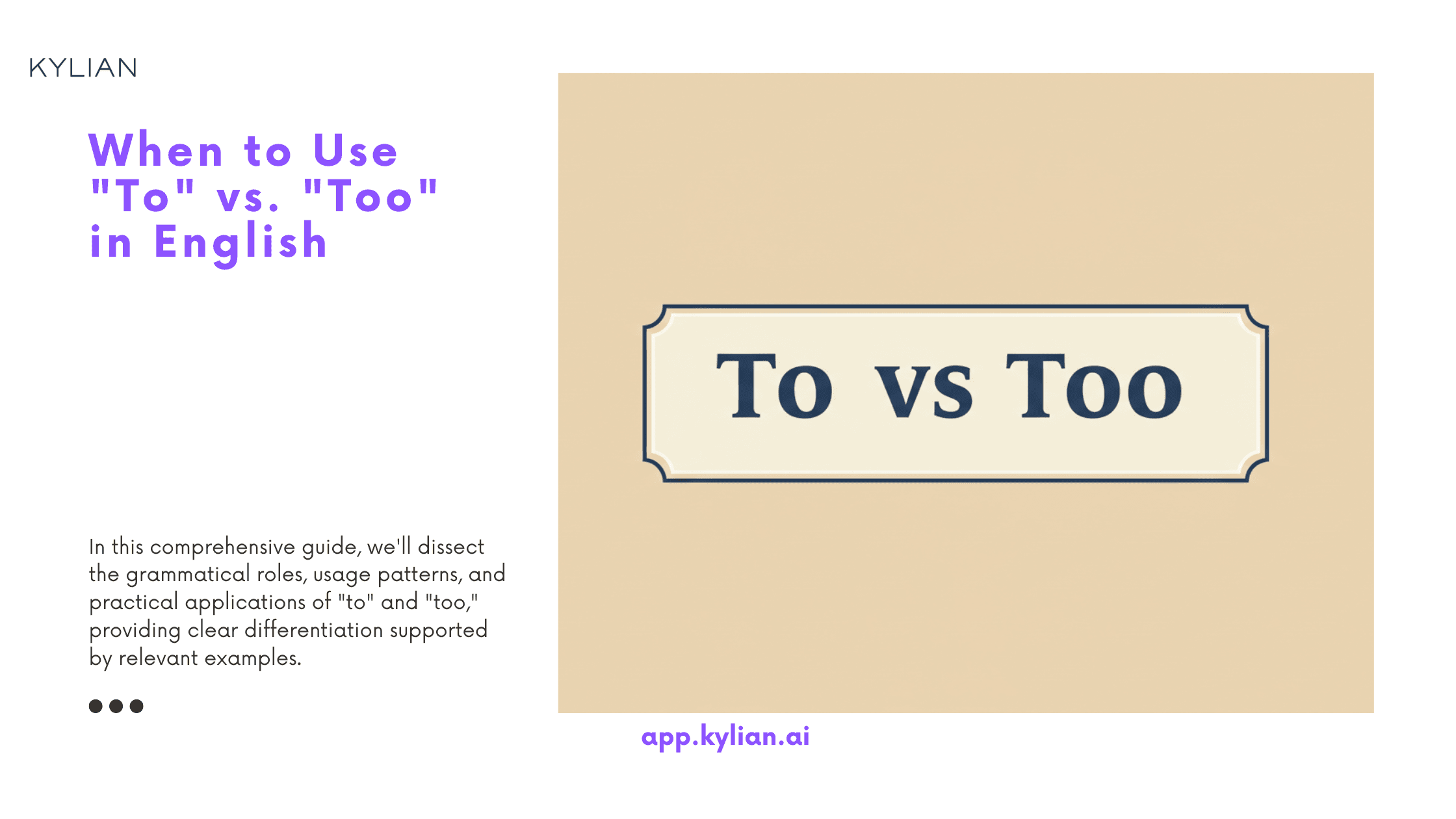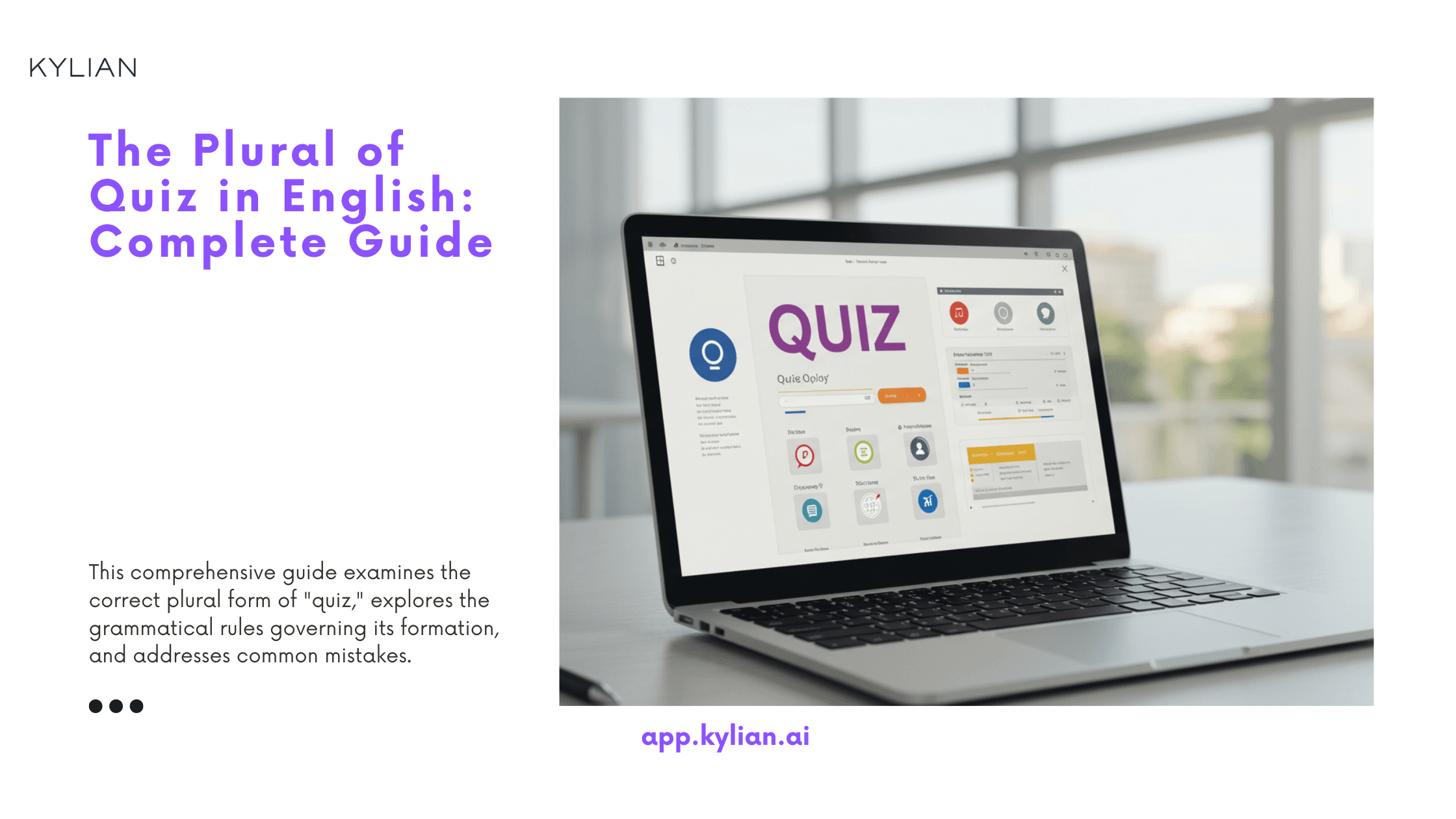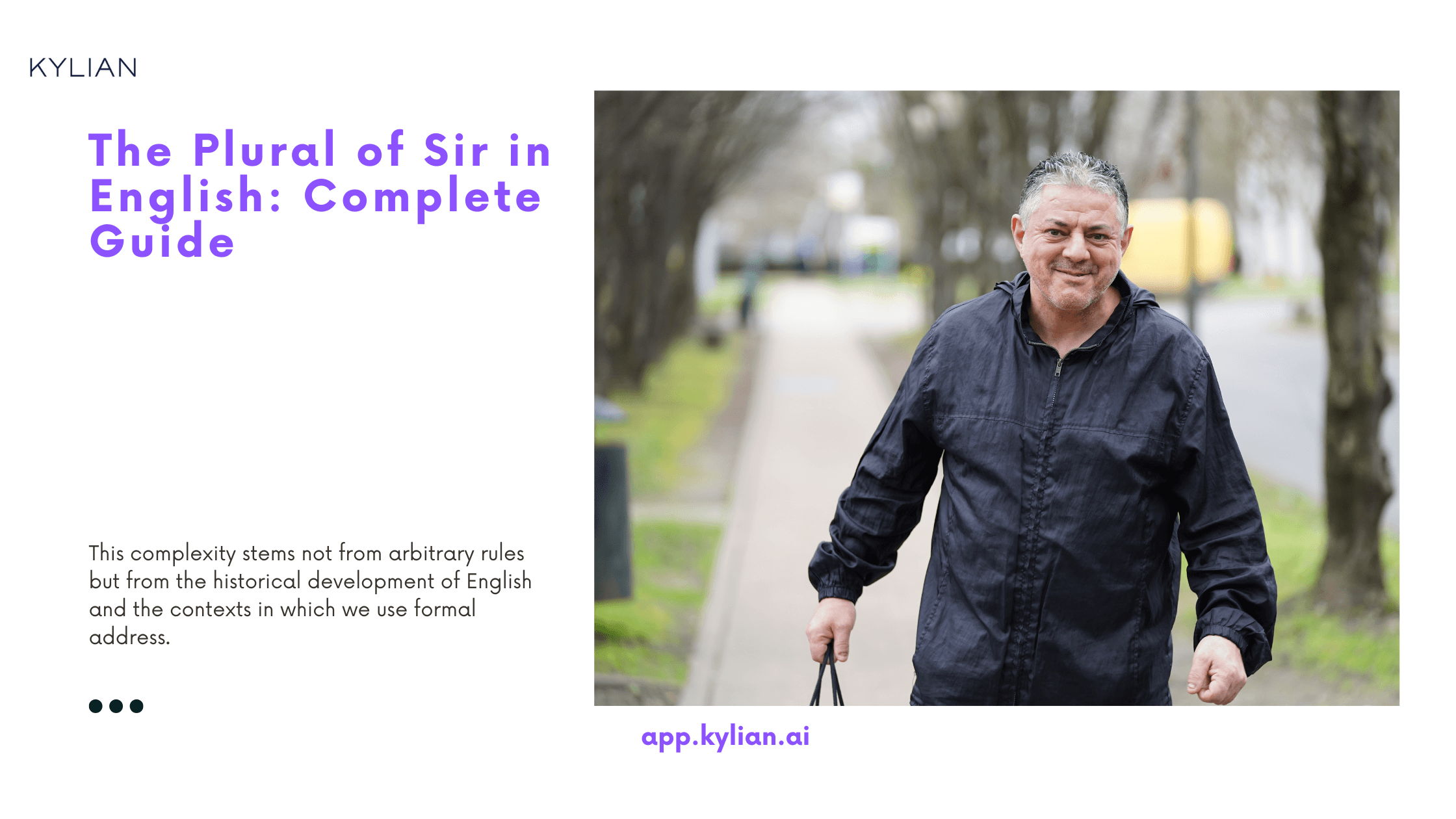

Italian Possessive Adjectives: A Beginner’s Guide
Mastering possessive adjectives represents a critical milestone for anyone serious about achieving conversational fluency in Italian. These essential grammatical components allow you to express ownership, relationships, and connections with precision—transforming basic exchanges into meaningful conversations. Understanding Italian possessive adjectives requires grasping their unique characteristics: they must agree with the possessed noun (not the possessor), they typically require articles, and they follow specific patterns that differ significantly from English usage.


Complete Spanish Color Guide: Vocabulary & Cultural Insights
Mastering color vocabulary in Spanish unlocks a deeper level of cultural fluency and descriptive precision. Far beyond simple translations, understanding colors in Spanish connects you to centuries of artistic tradition, cultural symbolism, and everyday communication patterns unique to Spanish-speaking regions. When you grasp the nuances of how Spanish speakers describe colors—from the vibrant reds of flamenco dresses to the azure blues of Mediterranean waters—you gain access to more authentic interactions with native speakers. This cultural knowledge enhances both your practical communication skills and your appreciation of the rich aesthetic traditions across the Spanish-speaking world.


Is "Looking Forward to Meeting You" Correct & Why?
Yes, "looking forward to meeting you" is grammatically correct. This construction follows a fundamental rule in English: the phrase "look forward to" must be followed by either a noun or a gerund (a verb with -ing). This explains why "meeting" (the gerund form) is the correct choice, while "meet" (the base form) would be incorrect. The structure works because "to" in this expression functions as a preposition rather than as part of an infinitive. Prepositions in English must be followed by noun forms, and a gerund serves as a verbal noun. This grammatical nuance trips up many English learners who might incorrectly assume "to" indicates an infinitive should follow.


French Flowers: Core Vocabulary & Practical Examples
Mastering French vocabulary related to specific interests accelerates fluency and enriches conversations. For flower enthusiasts, learning how to discuss blooms, gardens, and floral arrangements in French adds a practical dimension to language study. This comprehensive guide offers essential flower terminology, gender patterns, and contextual examples to integrate into your French conversations.


Star Wars Vocabulary for ESL Padawans (B1)
Conventional English textbooks excel at teaching standard conversational topics—discussing family, weather patterns, personal interests, and vacation destinations. However, they often neglect specialized vocabulary that passionate learners genuinely need for engaging discussions, particularly in pop culture domains like Star Wars. The Star Wars universe transcends mere entertainment—it represents a cultural phenomenon with its own rich lexicon that has influenced modern English. For English learners at the intermediate (B1) level, mastering Star Wars terminology offers a unique opportunity to enhance language skills while connecting with a globally recognized franchise.
![What is Bistro Food? [English]](/_next/image?url=https%3A%2F%2Fcdn.sanity.io%2Fimages%2F147z5m2d%2Fproduction%2F4b9ae5569dfa1a9d7100ec72c50cad191ce7a1b8-2240x1260.png&w=3840&q=75)

What is Bistro Food? [English]
Bistro food represents the intersection of culinary comfort and refined technique. These distinctive dishes emerged from modest Parisian establishments and have since transcended borders to become a globally recognized dining category. The essence of bistro cuisine lies in its unpretentious preparation methods that nonetheless deliver complex flavor profiles and satisfy both nutritional and emotional appetites.


Japanese Particles Mastery: The Complete Learning Roadmap
Mastering Japanese particles represents one of the most critical steps toward fluency in the language. These small grammatical elements might seem insignificant at first glance, but they form the backbone of Japanese sentence structure and meaning. Understanding how to properly deploy particles transforms basic vocabulary into coherent, natural-sounding Japanese.


The Plural of Fetus in English: A Comprehensive Analysis
Language evolves constantly, yet certain grammatical questions persist across generations of English speakers. Among these linguistic puzzles, the correct plural form of "fetus" stands out as particularly nuanced—a reflection of English's complex historical development and the competing influences that shape modern usage. This question transcends mere academic curiosity; it affects medical professionals, scholars, and anyone engaging with prenatal development in writing or speech. The plural of "fetus" presents a fascinating case study in how Latin-derived terms are assimilated into English—revealing tension between classical rules and natural language evolution. This analysis explores both standard and alternative plural forms, examines their historical context, and provides practical guidance for contemporary usage.


What is the Definition of "Loo" in English?
The English language contains a remarkable array of euphemisms and colloquialisms for everyday concepts, particularly those related to bodily functions. Among these, "loo" stands as one of the most quintessentially British terms for the toilet or bathroom. This seemingly simple three-letter word carries cultural significance, historical depth, and practical implications for language learners and native speakers alike. Understanding terms like "loo" isn't merely about expanding vocabulary—it's about gaining insight into cultural norms, social etiquette, and the practical navigation of everyday conversations in English-speaking environments. This comprehensive exploration examines the definition, etymology, usage contexts, and alternatives to "loo," providing essential knowledge for anyone seeking to master the nuances of English terminology for restrooms. By analyzing this common yet culturally loaded term, we gain valuable perspective on how language reflects social attitudes and practical needs across different English-speaking regions.


Abbreviation for Brooklyn in English: Complete Guide
The name Brooklyn carries significant cultural and historical weight in American society. As New York City's most populous borough, Brooklyn has cultivated a distinct identity that resonates far beyond its geographical boundaries. Yet in our communication-driven age, where brevity often trumps completeness, understanding how to properly abbreviate "Brooklyn" becomes increasingly relevant—whether for postal addresses, text messages, or official documents. Why does this matter? Because clarity in communication prevents misunderstandings, saves time, and maintains professionalism. The incorrect abbreviation of location names can lead to misdirected mail, confusion in official records, and unnecessary complications in both personal and professional contexts. This comprehensive guide explores the standard and alternative abbreviations for Brooklyn, examining their proper usage across different contexts while addressing common questions about their application.


Essential Gym Vocabulary: Fitness Terms in English
Stepping into a gym environment can be intimidating, especially when unfamiliar terminology fills the air. If English isn't your first language, this challenge multiplies. The term "gymtimidation" perfectly captures this feeling—the anxiety that stems from navigating fitness spaces without understanding the language being used. This comprehensive guide breaks down essential gym vocabulary, empowering you to communicate effectively with trainers and fellow fitness enthusiasts.


The Plural of Zoo in English: The Comprehensive Guide
Learning English involves understanding its numerous grammatical rules, including plural formation. While many English plurals follow predictable patterns, some words require specific attention. The word "zoo" represents one such case that merits examination.


When to Use "To" vs. "Too" in English
Mastering the subtleties of English spelling remains a persistent challenge for language learners and native speakers alike. Among the most commonly confused word pairs are "to" and "too" – seemingly simple yet frequently misused. The distinction between these homonyms represents a fundamental aspect of English writing proficiency, where a single letter can drastically alter meaning and sentence structure. This confusion stems not from complexity but from auditory similarity – when spoken, these words sound identical, creating a disconnect between pronunciation and spelling that challenges writers at all proficiency levels. Understanding the specific functions of each word eliminates this common error and elevates written communication. In this comprehensive guide, we'll dissect the grammatical roles, usage patterns, and practical applications of "to" and "too," providing clear differentiation supported by relevant examples. By examining these distinctions through multiple lenses, you'll develop the linguistic precision required for error-free writing.


What Does Bits and Bobs Mean in English?
The phrase "bits and bobs" encompasses far more than its seemingly simplistic construction would suggest. This quintessentially British expression has woven itself into everyday conversation, carrying unique cultural significance that transcends mere vocabulary. But what exactly does this colorful idiom mean, where did it originate, and why has it endured for centuries? Let's examine this fascinating phrase that continues to permeate English language usage today.


Throughout or Through Out: Correct Usage in English
Communication clarity hinges on precise word usage. Among the subtleties that often confuse writers is the distinction between "throughout" and "through out." While appearing similar, these terms serve different grammatical functions and convey distinct meanings. Mastering their correct application strengthens writing clarity and demonstrates linguistic competence.


The Plural of Quiz in English: Complete Guide
Language evolution reflects how we communicate and adapt to changing needs. The English language, with its amalgamation of Germanic roots, Latin influences, and borrowings from countless other tongues, presents unique challenges when it comes to forming plurals. While many English nouns follow predictable patterns by simply adding "-s" or "-es," others demand more nuanced approaches. The word "quiz" exemplifies this complexity. A seemingly straightforward five-letter word that triggers uncertainty when writers need to express its plural form. Is it "quizs," "quizes," or "quizzes"? This question emerges regularly among English learners and even native speakers. This comprehensive guide examines the correct plural form of "quiz," explores the grammatical rules governing its formation, and addresses common mistakes. Understanding these principles doesn't merely improve accuracy—it enhances overall language competence, allowing for more confident written and spoken communication.


Teach Yourself Arabic: 10 Proven Self-Study Tips
Learning Arabic independently represents a meaningful challenge that yields substantial cultural and intellectual rewards. While the journey demands persistence, achieving fluency through self-study remains entirely possible with strategic approach and consistent effort. This guide provides comprehensive strategies for independent Arabic learners, highlighting essential techniques while identifying critical pitfalls that often derail progress. By implementing these research-backed methods, you'll establish sustainable learning patterns that convert initial enthusiasm into lasting linguistic competence.


How to Use Definite Articles in Spanish: A Complete Guide
Spanish articles might seem simple at first glance, but they represent a foundational pillar of the language that dramatically impacts both comprehension and expression. Understanding when and how to use definite articles (el, la, los, las) and indefinite articles (un, una, unos, unas) enables learners to navigate Spanish's grammatical structure with precision and confidence.


The Plural of Goose in English: A Complete Guide
Language irregularities often present unexpected challenges for English learners and even native speakers. Among these peculiarities, irregular plural forms stand out as particularly perplexing. The transformation of "goose" to "geese" exemplifies this linguistic phenomenon, representing a vestige of ancient English patterns that have persisted through centuries of language evolution. Understanding why "goose" becomes "geese" – rather than the expected "gooses" – requires delving into historical linguistics, examining Germanic language roots, and exploring the fascinating story of vowel mutation. This knowledge not only enhances one's mastery of English grammar but also illuminates the rich tapestry of linguistic history that shapes our modern communication. In this comprehensive guide, we'll explore the plural form of "goose," uncover its historical origins, examine similar irregular plural patterns, and provide practical strategies to master these challenging forms. Whether you're an English language enthusiast, a student, or an educator, this analysis offers valuable insights into one of English's most distinctive grammatical features.


What is a Linguist and How to Actually Become One
The field of linguistics offers a dynamic career path that combines analytical thinking, cultural awareness, and technical expertise. Linguists don't simply speak multiple languages—they decode the science behind communication, explore cultural nuances, and solve real-world language problems across industries. For those fascinated by how humans communicate, linguistics provides intellectual challenge, practical application, and diverse career pathways. This comprehensive guide examines the critical skills required to succeed in linguistics, explores the most promising career opportunities available today, and provides actionable steps to launch your career in this field.


The 20 Best International Companies to Work for in 2025
The global job market has transformed dramatically in recent years. Geographic barriers that once confined professionals to local employment opportunities have dissolved, creating a borderless landscape of career possibilities. Recent data shows that nearly half of all companies worldwide have experienced growth in employees working remotely from international locations. This trend is mirrored by expatriate professionals, with approximately half citing career development as their primary motivation for relocation. Forward-thinking global organizations understand that talent knows no borders. The most successful international employers embrace flexible work arrangements and maintain strategically positioned offices worldwide, creating environments where professionals can thrive regardless of location. These industry leaders provide not merely jobs but launchpads for career advancement. They combine established market presence with supportive cultures designed to nurture professional growth and development. Let's examine the top multinational corporations offering exceptional employment opportunities in 2025.


German Umlaut: Mastering the Two-Dot Transformation
The German language possesses a distinctive feature that immediately captures attention on the page: the Umlaut. Those two small dots transform ordinary vowels into something uniquely German, creating new sounds that shape the language's identity. Far beyond mere decorative markings, Umlauts fundamentally alter pronunciation, meaning, and grammatical function of countless German words. This exploration delves into the fascinating world of German Umlauts—their origins, significance, and practical applications. Understanding these modified vowels unlocks essential aspects of German language mastery, from pronunciation to grammar.


The Plural of Sir in English: Complete Guide
Forms of address reveal much about cultural hierarchies, social expectations, and linguistic evolution. The term "sir" – a seemingly simple honorific – presents surprising complexity when we need its plural form. This complexity stems not from arbitrary rules but from the historical development of English and the contexts in which we use formal address.


What Does AM Stand for in English?
Time representation remains one of the most fundamental yet nuanced aspects of daily communication. The abbreviation "AM" appears everywhere—from digital clocks to appointment schedules—yet many English language learners and even native speakers rarely contemplate its precise definition and historical significance. This article examines what AM stands for, why we use this system, and how it compares to alternative time notation methods used globally.